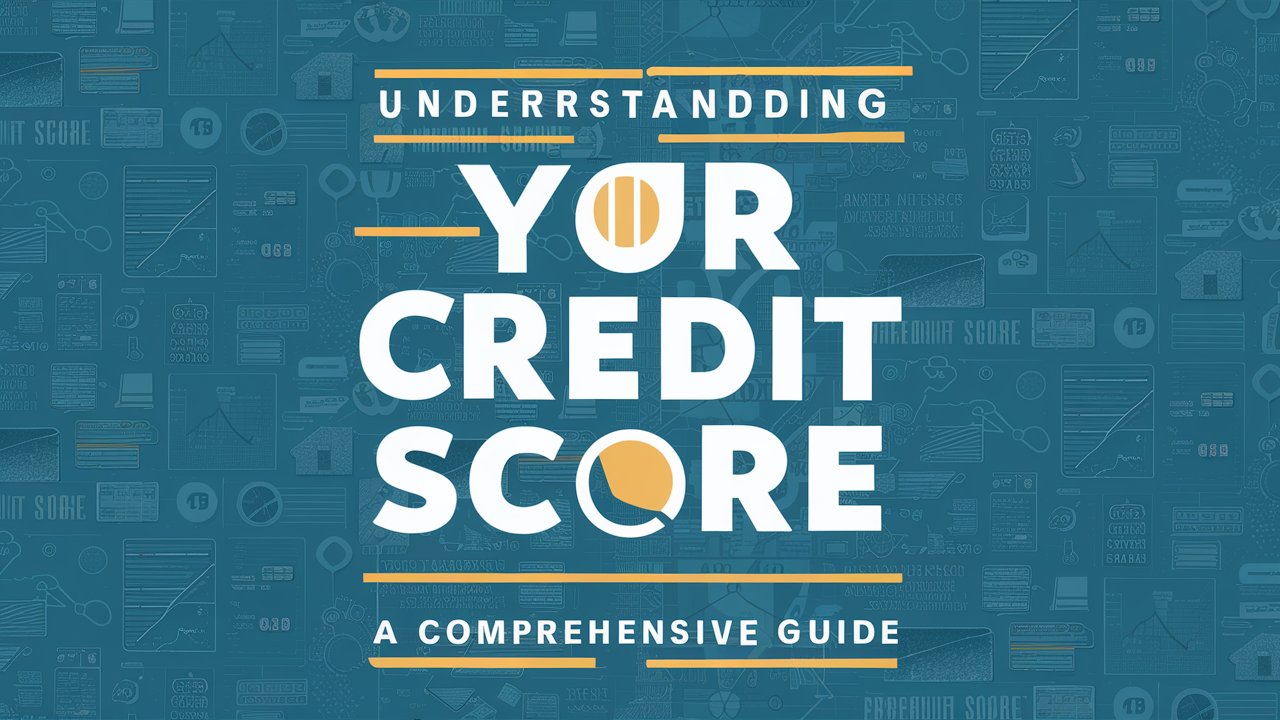Unlock Your Financial Freedom: Master Your Credit Score
Introduction
A credit score is a numerical representation of an individual’s creditworthiness, calculated based on their credit history and other relevant factors. It is used by lenders to assess the risk associated with lending money to a particular individual and determine the terms of the loan, such as interest rates and loan amounts.
Understanding Your Credit Score: A Comprehensive Guide
**Credit Score: A Comprehensive Guide**
Understanding your credit score is crucial for managing your financial well-being. It’s a numerical representation of your creditworthiness, based on your credit history and other factors. A higher score indicates a lower risk to lenders, making it easier to qualify for loans and secure favorable interest rates.
Your credit score is calculated using information from your credit report, which includes details of your credit accounts, payment history, and other relevant data. The most commonly used credit scoring models are FICO and VantageScore. These models assign points to different aspects of your credit history, such as:
* **Payment history:** This is the most significant factor, accounting for about 35% of your score. Consistent on-time payments demonstrate your reliability as a borrower.
* **Amounts owed:** High credit utilization, or using a large portion of your available credit, can negatively impact your score. Aim to keep your credit utilization below 30%.
* **Length of credit history:** A longer credit history generally indicates a more established financial profile.
* **New credit:** Applying for multiple new credit accounts in a short period can raise red flags for lenders and lower your score.
* **Credit mix:** Having a variety of credit accounts, such as credit cards, installment loans, and mortgages, can improve your score.
It’s important to note that your credit score is not static. It can fluctuate over time based on changes in your credit behavior. To maintain a good credit score, consider the following tips:
* Pay your bills on time, every time.
* Keep your credit utilization low.
* Avoid opening too many new credit accounts in a short period.
* Dispute any errors on your credit report.
* Monitor your credit regularly to track your progress and identify any potential issues.
Your credit score plays a significant role in your financial life. A good score can open doors to better loan terms, lower interest rates, and increased financial flexibility. By understanding the factors that affect your credit score and taking steps to improve it, you can unlock a world of financial opportunities.
Conclusion
**Conclusion:**
A credit score is a numerical representation of an individual’s creditworthiness, based on their credit history and financial behavior. It plays a crucial role in determining access to credit, interest rates, and other financial opportunities. Maintaining a high credit score is essential for securing favorable terms on loans, credit cards, and other financial products. By understanding the factors that affect credit scores and taking steps to improve them, individuals can enhance their financial well-being and achieve their financial goals.

